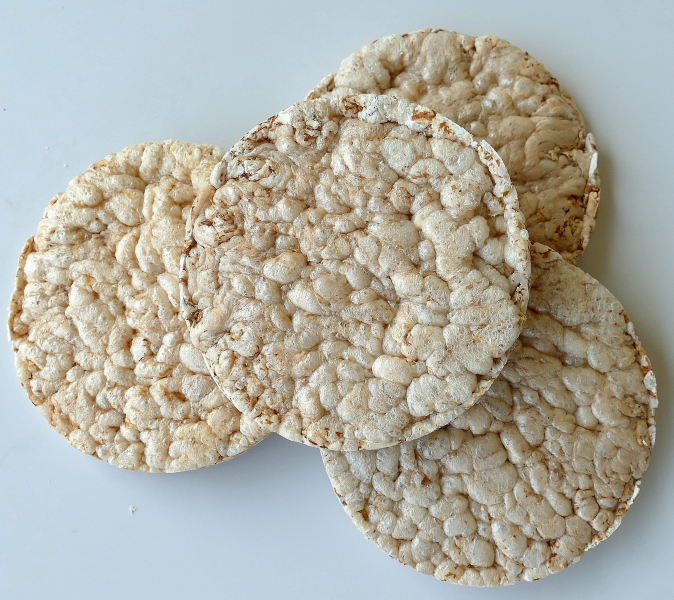| "Descrizione" by A_Partyns (12948 pt) | 2023-Mar-22 09:15 |
Review Consensus: 10 Rating: 10 Number of users: 1
| Evaluation | N. Experts | Evaluation | N. Experts |
|---|---|---|---|
| 1 | 6 | ||
| 2 | 7 | ||
| 3 | 8 | ||
| 4 | 9 | ||
| 5 | 10 |
Farro (grano) integrale refers to an ingredient, spelt (Triticum spelta L.), which was one of Europe's most important cereals in the early 20th century, but was gradually replaced by wheat for its better cooking qualities.

Over time, the food industry has used different varieties of spelt:
- Triticum dicoccum Schrank
- Triticum monococcum L.
- Triticum durum Desf.
Content and composition of bioactive compounds is reported to vary depending on the geographical location, seasonal variations, varieties used, and the analytical methods followed (1).
Spelt contains, especially in its bran, the outer layer, monounsaturated fatty acids that reduce the risks of arteriosclerosis and lower cholesterol.
Discrete concentrations of zinc and iron were detected in the grains (2).
This study compared 6 different varieties of spelt and concluded that all analyzed spelt varieties possessed high antioxidant potential. In spite of the fact that bound phenolic acids possessed higher antioxidant activities, analysis of antioxidant potential and their relationship with phenolic acid content showed that free phenolics were more effective (3).
The pattern of Triticum monococcum gliadin proteins is sufficiently different from those of common hexaploid wheat to determine a lower toxicity in celiac disease patients following in vitro simulation of human digestion (4).
References______________________________________________________________________
(1) Dhanavath S, Prasada Rao UJS. Nutritional and Nutraceutical Properties of Triticum dicoccum Wheat and Its Health Benefits: An Overview. J Food Sci. 2017 Oct;82(10):2243-2250. doi: 10.1111/1750-3841.13844
(2) Srinivasa J, Arun B, Mishra VK, Singh GP, Velu G, Babu R, Vasistha NK, Joshi AK. Zinc and iron concentration QTL mapped in a Triticum spelta × T. aestivum cross. Theor Appl Genet. 2014 Jul;127(7):1643-51. doi: 10.1007/s00122-014-2327-6.
(3) Gawlik-Dziki U, Świeca M, Dziki D. Comparison of phenolic acids profile and antioxidant potential of six varieties of spelt (Triticum spelta L.). J Agric Food Chem. 2012 May 9;60(18):4603-12. doi: 10.1021/jf3011239.
| Evaluate |

